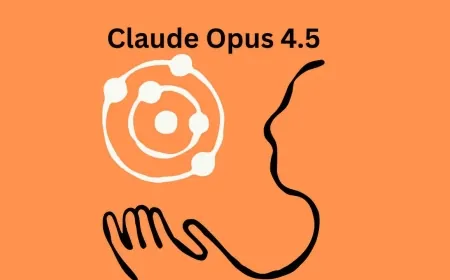Telegram CEO Pavel Durov Arrested in France During Moderation Investigation – Privacy Concerns and Global Impact
Telegram CEO Pavel Durov was arrested in France during a police investigation into Telegram's content moderation, raising concerns about privacy and platform security

Pavel Durov, the billionaire CEO and founder of Telegram, was detained at Bourget Airport near Paris on Saturday. French authorities issued an arrest warrant for Durov, linking the detention to an ongoing investigation into Telegram's moderation practices. Durov, who was aboard his private jet at the time, is under scrutiny for alleged shortcomings in the app’s content regulation.
Concerns Over Telegram’s Moderation
Telegram has faced criticism for its lack of moderation, with many accusing the platform of enabling criminal activities such as terrorism, drug trafficking, and cybercrime. The app's strong encryption and limited oversight have raised alarms among law enforcement agencies across various countries, including France. Authorities believe that the lack of moderators on Telegram may have allowed illicit activities to proliferate without sufficient control.
Telegram’s Global Popularity
With almost one billion users, Telegram has grown into one of the most popular messaging platforms globally. The app is widely used in Russia, Ukraine, and other Eastern European countries, where freedom of speech is often restricted by governments. Telegram’s unique features, including encrypted chats and large group channels, have attracted users seeking privacy and an alternative to mainstream social media platforms like Facebook and WhatsApp.
Durov's Stance on Privacy
Pavel Durov is well-known for his firm stance on privacy and freedom of expression. After refusing to comply with government orders to close opposition groups on his previous platform, VKontakte, Durov left Russia in 2014. Since founding Telegram in 2013, he has maintained that the platform should remain a neutral tool for communication, free from government interference. Durov has resisted pressure from various governments to give them access to users' private data, underscoring his commitment to privacy rights.
Telegram's Role in Russia-Ukraine War
During the Russia-Ukraine war, Telegram has played a crucial role as a primary source of information for both sides. The app has allowed users to share uncensored content, including real-time updates on the war. However, this has also led to concerns about the spread of disinformation, as Telegram's decentralized structure makes it difficult to control or verify the accuracy of the content being shared. Both Ukrainian and Russian officials use Telegram heavily to communicate with their citizens.
Past Conflicts with Governments
Telegram has a history of clashing with governments, most notably in Russia, where it refused to provide state security services access to encrypted user messages. In 2018, the Russian government attempted to block Telegram, but the move was largely unsuccessful, and the platform remained accessible through workarounds. This resistance led to protests in Moscow and increased Telegram's global reputation as a defender of privacy and free speech.
Regulatory Pressure on Tech Companies
Durov's arrest highlights the increasing pressure on tech companies, particularly those operating encrypted platforms, to comply with government regulations. Countries around the world, including France and India, are seeking more control over digital platforms to address security concerns. Telegram, with its strong focus on privacy and encryption, has become a focal point in the global debate over the balance between security and user privacy.
Implications for Privacy Rights
The detention of Durov has sparked concerns about the future of privacy in the digital age. As governments push for more access to encrypted communications, tech companies like Telegram face growing challenges in protecting their users' privacy. The outcome of this investigation could have broad implications for the future of digital privacy, potentially setting a precedent for how encrypted platforms are regulated globally.
Also Read: Telegram App Blocked Over Personal Data Violations and National Security Concerns

































































